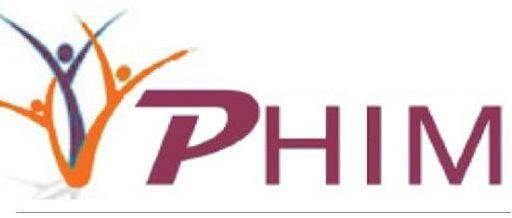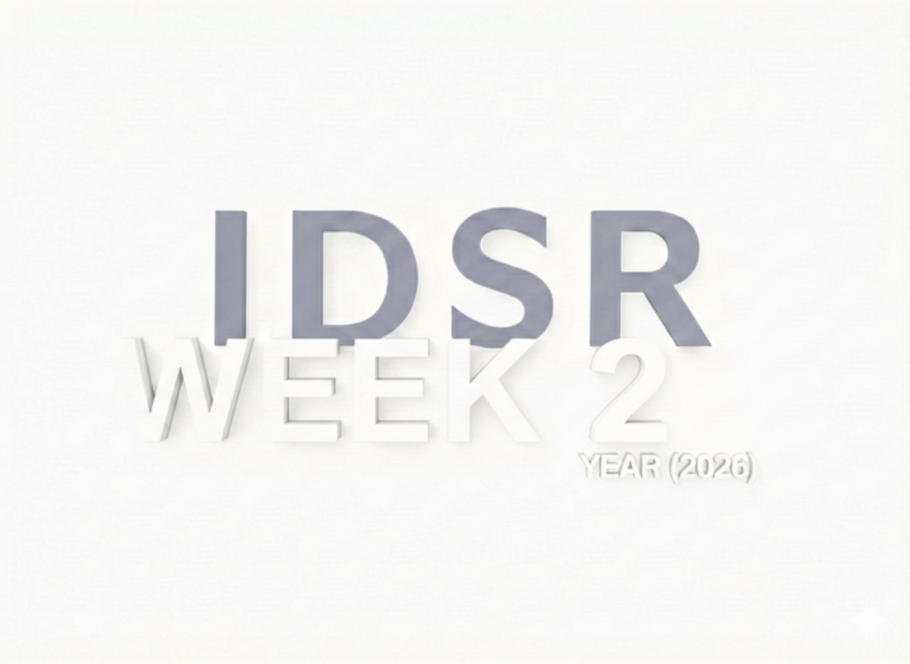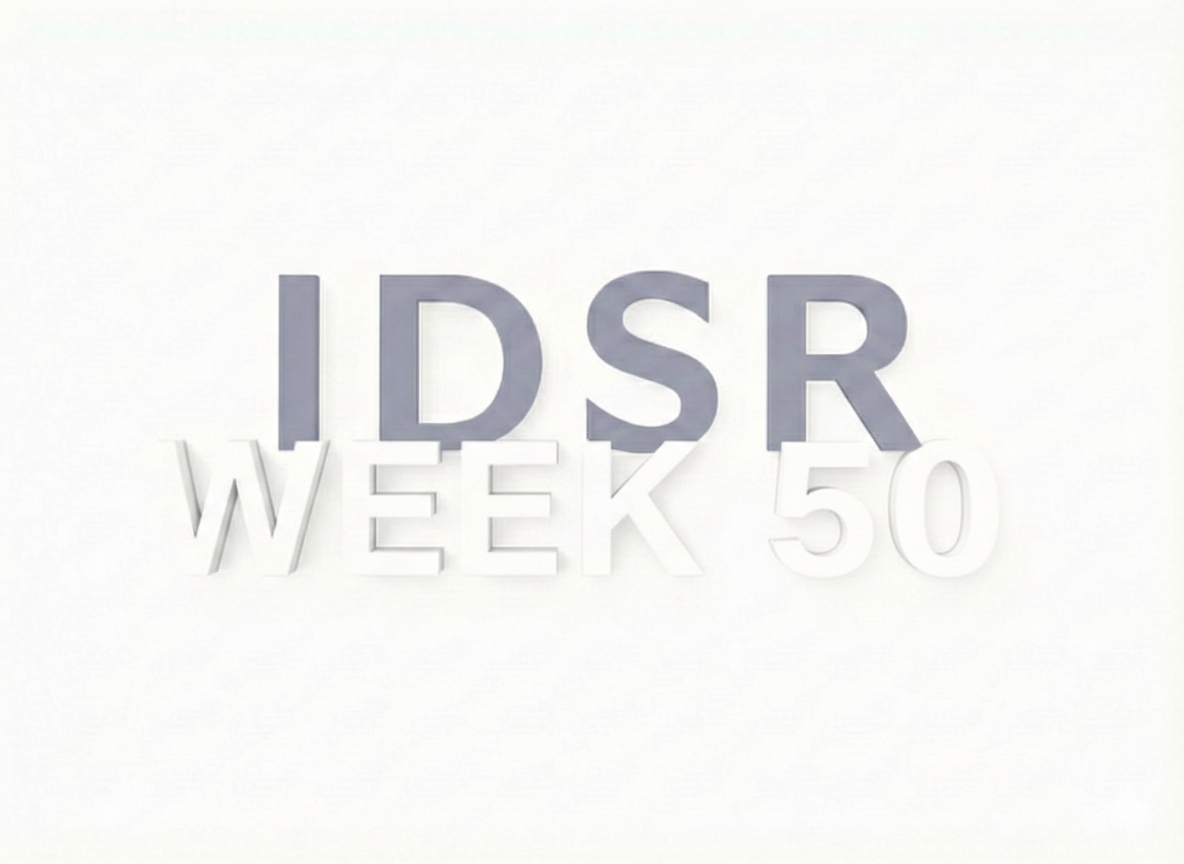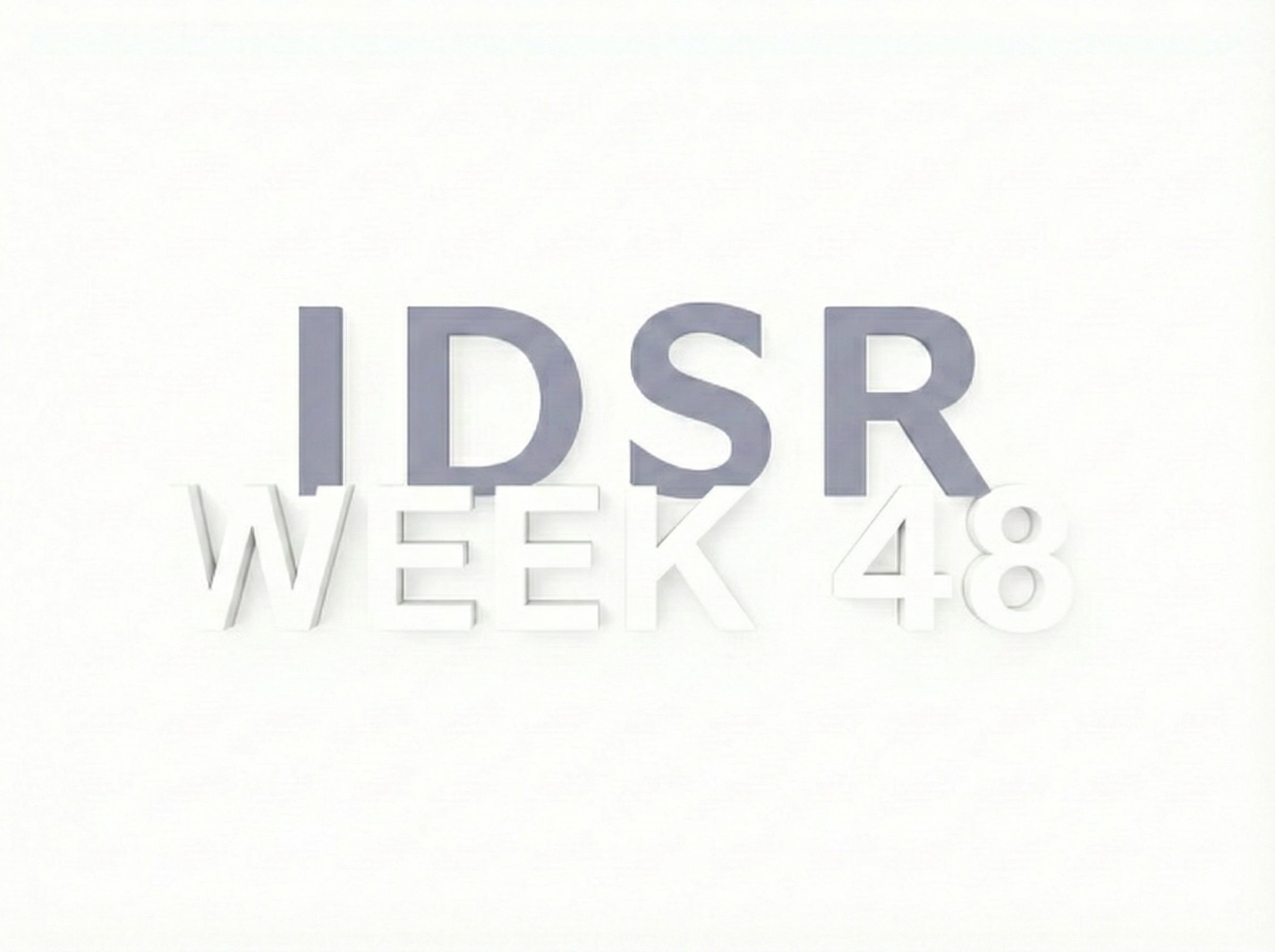Weekly IDSR Bulletin
Epidemiological Week 2 (5-11 January, 2026)
Editorial Team
Public Health Institute of Malawi
I. Performance & Surveillance
District Reporting Completeness
Timeliness Performance
EBS Signal Distribution
II. Disease Morbidity
Malaria Cases (Week 2)
Bloody Diarrhoea
Typhoid Fever Trends
III. Critical Alerts & Mortality
Maternal Deaths (N=2)
SARI Mortality (CFR 3.4%)
AEFI Surveillance
IV. Vaccine Preventable & Special Events
Mpox Alerts (Week 2)
AFP (Polio) & Meningitis
Immunization Outreach
V. Summary of Recommendations
1. Reporting Quality
Kamuzu Central, Mangochi, Mzimba South, and QECH must address timeliness issues immediately.
2. Cholera Containment
All partners and government ministries must collaborate to contain ongoing cholera outbreaks through WASH and case management.
3. EPI Strengthening
Focus on routine immunization to prevent measles clusters, particularly in areas with lower historical coverage.



